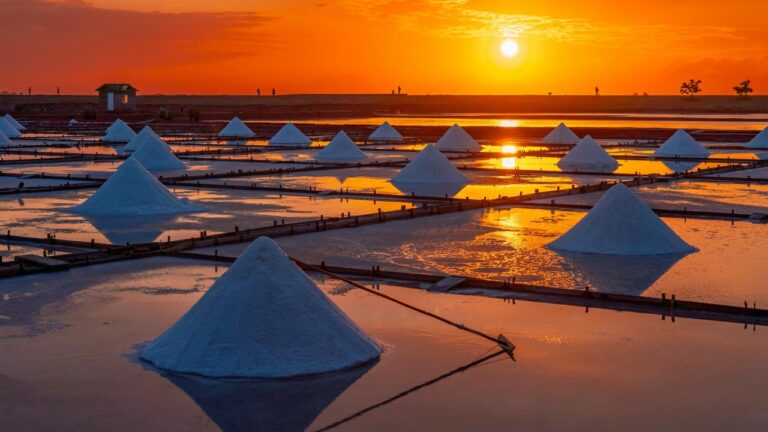Following the U.S. decision to block imports from Taepyeong Salt Farm over forced labor concerns, a newly surfaced 2023 labor survey paints a troubling picture of Korea’s broader salt industry. Conducted in Jeollanam-do—home to 705 of Korea’s salt farms—the survey reveals that 87% of farms do not hire external workers, relying instead on family labor or automation. Yet among the 132 recorded workers, 10% reported violence or exploitation, including verbal abuse, wage theft, and identity document confiscation.
Working conditions also appear precarious: over a quarter of workers experienced illness or injury, with the vast majority lacking insurance coverage. Business owners cite early-morning shifts, seasonal irregularities, and reluctance among workers to enroll in formal insurance schemes as challenges to compliance with labor laws.
While South Korean officials maintain that forced labor is not systemic—and that most recent investigations led to dropped charges—the survey results raise questions about oversight, especially in remote island farms. Experts warn that without clearer reforms and communication, Korea risks prolonged trade pressure and reputational damage in global markets.
Civil Society Responds: Call for Justice and Reforms
In a joint statement released April 28, 2025, more than 30 Korean civil society organizations—including labor unions, legal aid groups, and disability rights advocates—urged the government to shift focus from defending Taepyeong Salt Farm to addressing the systemic labor abuses behind the U.S. import ban.
The signatories criticized the government’s framing of the issue as an isolated 2021 incident involving unpaid wages and rejected efforts to have the ban lifted without meaningful reforms. They highlighted over ₩510 million (approx. $380,000) in unpaid wages recognized by Korean courts and pointed to official investigations showing that abuses—especially targeting vulnerable workers with disabilities—have persisted well beyond 2021.
Their demands include full financial compensation for victims, criminal prosecution of perpetrators under forced labor provisions, mandatory human rights due diligence for companies sourcing salt, and the creation of support systems for survivors. They also called for ongoing, participatory investigations involving civil society to monitor salt farm labor practices.
Until such steps are taken, the coalition strongly opposes any attempt to lift the U.S. import restrictions.



